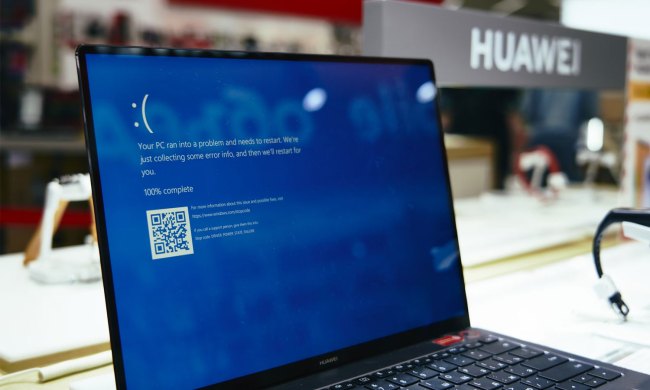It’s no secret that tension is brewing between streaming services like Netflix and Internet Service Providers (ISPs). A couple months back, Comcast even began charging a partner of Netflix called Level 3 to use its bandwidth. Streaming services use a lot of bandwidth and ISPs don’t like it. Unfortunately, the times, they are changing, and customers are demanding more and more streaming video.
In a blog post yesterday, Netflix called them out, claiming that no major ISP in the United States or Canada is capable of sustaining a 4,800 kilobits per second stream for the duration of a film–4,800 Kb/s is Netflix’s highest HD offering. More stunning: the company actually created a chart of 15 major ISPs and showed us exactly who is the fastest and best, effectively calling out underperforming ISPs by name. The graphs are below.

In the U.S. the best ISP for streaming is Charter. The company averaged 2,667 Kb/s. Looking at the graph, Comcast appears to come in second, followed by Cox, Time Warner, Suddenlink, Cablevision, and Cable One, which all logged more than 2,200-2,600 Kb/s. In the 1,800-2,200 Kb/s range, Verizon takes the lead, followed by AT&T, Bellsouth, Windstream, Embarq, and Qwest. Finally, on the bottom of the totem poll, at 1,400-1,600, are CenturyTel, Frontier, and Clearwire.

There are only four Canadian ISPs, but they rank as follows: Rogers gets the top spot with a 3,020 Kb/s average streaming speed, followed by Shaw, Bell Canada, and Telus. All Canadian carriers rank on the high end of U.S. bandwidth averages.
The above graphs were calculated from Oct. 1, 2010 to Jan. 15, 2011. Netflix director of content delivery, Ken Florance, claims that the company will update the charts once a month.
You may be wondering: how does Netflix know these numbers? Well, the company attempts to deliver the highest quality video it can over a network at any given time, but if a subscriber’s available bandwidth drops below a certain threshold, Netflix automatically bumps down the video quality so that it can continue to stream at lower Internet speeds.


